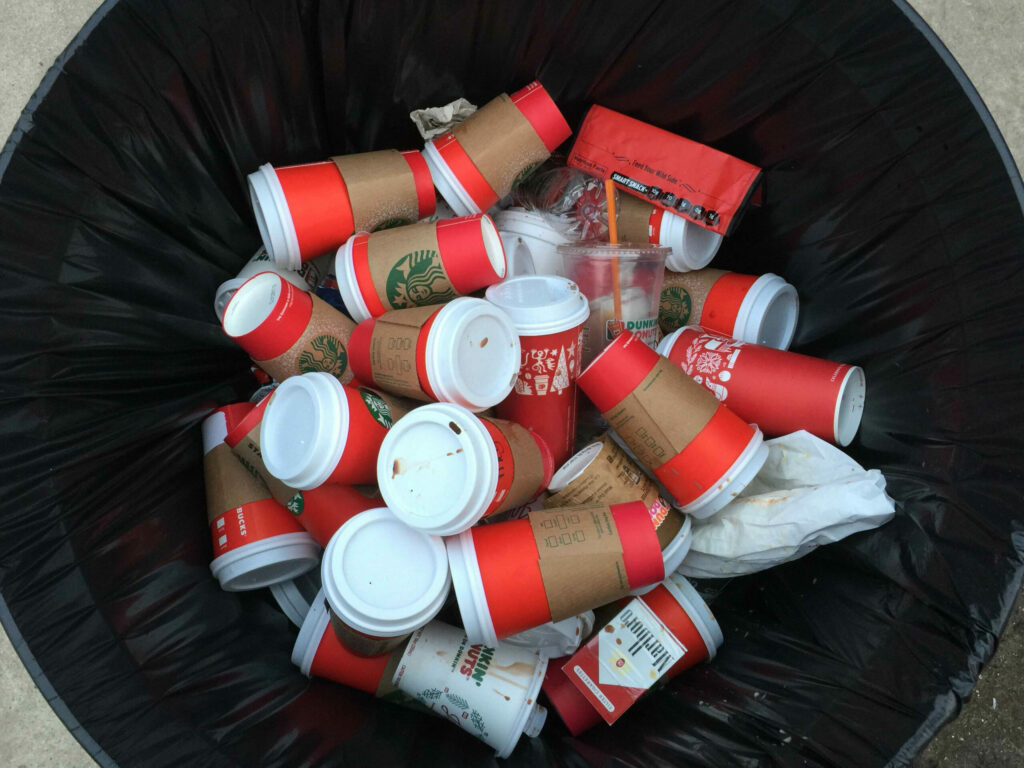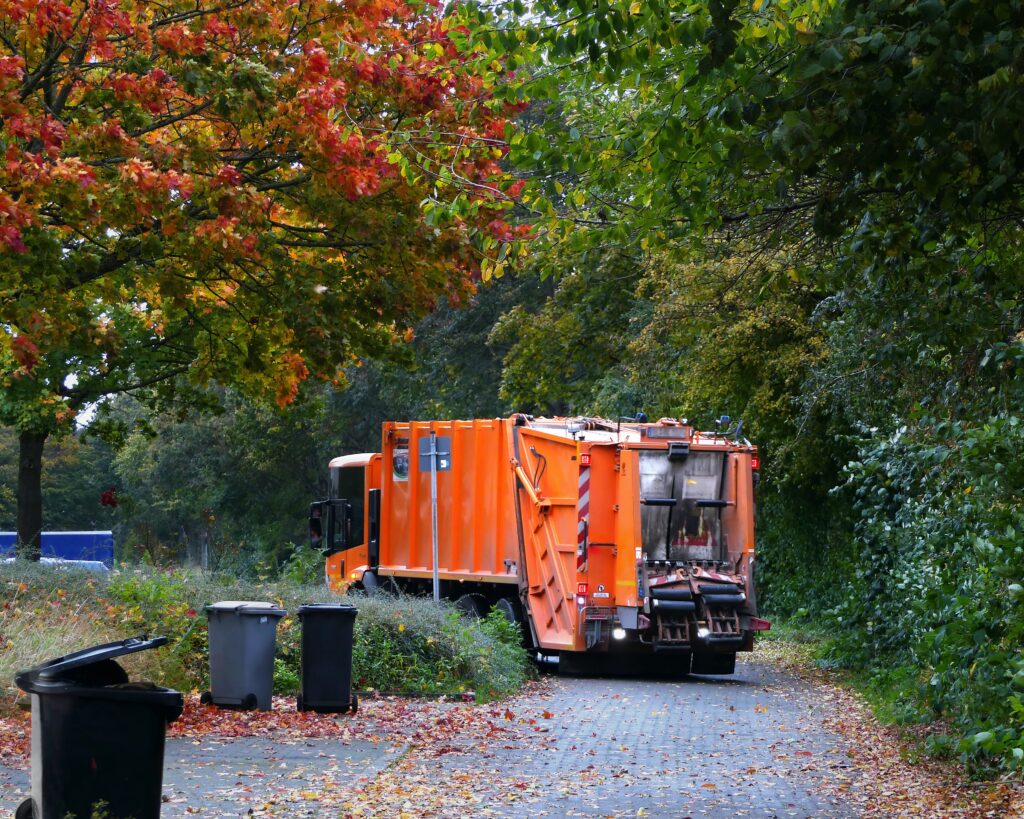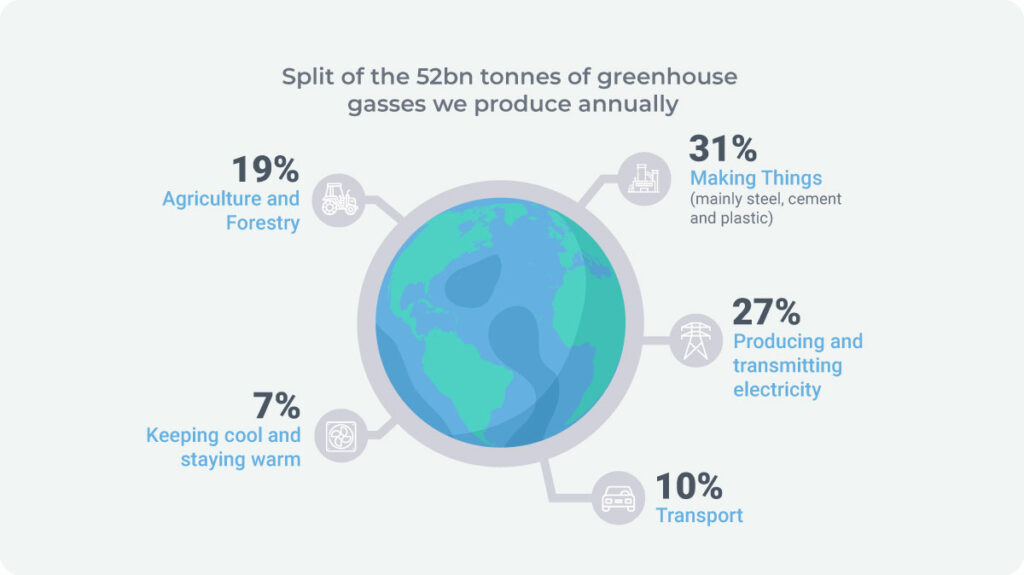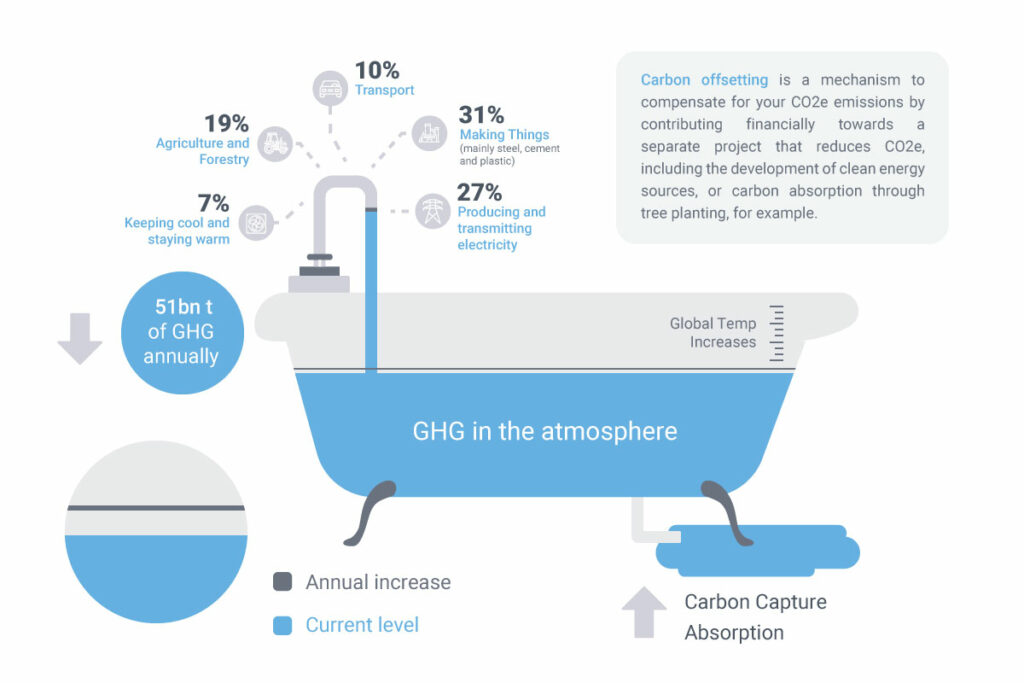
When it comes to recycling, it can get confusing. We’ve all been there, and with unique rules for each product and packaging type, lines can get blurred. With sustainability becoming such a prominent topic both at work and at home, disorganised and incorrect waste disposal can lead to missed recycling opportunities. As a result, you might not be making as much of a positive impact as you could be.
Following a 94% increase in interest for the term ‘recyclable waste’¹ in the past 12 months, our team of sustainable waste management specialists delve into five everyday items you may think you can recycle but actually can’t, and share advice on how these items should be disposed of correctly.
Takeaway Coffee Cups
Takeaway coffee cups are a common item that can be misinterpreted as 100% recyclable. On-the-go coffee is a huge market that millions of consumers buy into every day. In fact, in 2020, an estimated 7.7 million people used coffee shops or sandwich bars to purchase a takeaway drink².
As the lining within the cup is typically wax or poly-coated, it can’t be disposed of in an ordinary recycling bin. This is because recycling machinery is unable to separate the plastic lining material from the remaining recyclable material.
As most single-use takeaway coffee cups comprise a non-recyclable lining, many coffee shops have started providing a recycling point in-store to ensure cups can be recycled efficiently. Disposing of the coffee cup in a separate waste stream ensures the plastic lining can be stripped from the fibre, and both materials can be recycled successfully. Takeaway cups can also be recycled in food and drink at your nearest Recycling Centre.
If you’re a business where your staff or customers have access to this type of product, sourcing cups that are 100% recyclable would be the ultimate solution. 100% recyclable cups would eliminate the plastic lining from the cup, and would instead be replaced with a water-based lining. This would allow the disposal of coffee cups to fit within the guidelines of the mixed paper recycling waste stream.
Furthermore, businesses could also implement a single-use cup scheme to encourage customers to cut down on using single-use cups; reducing waste to landfills and cutting down yearly waste overall.
Food-contaminated cardboard
Following a 68% increase for the search term ‘recyclable items’³, it’s clear there may be confusion regarding recyclable items.
Take a takeaway pizza box, for instance. Whilst the cardboard is made from recyclable materials, once food, grease and oil have contaminated the cardboard, this can’t be thrown in a general recycling bin anymore. Each tonne of waste collected from a household recycling bin that can’t be recycled implements an extra cost of around £93 to dispose of through an energy-from-waste facility, equalling over £48 million per year in additional costs⁴.
If mistakenly thrown in the recycling, the threat of food waste and grease can damage the recycling equipment and contaminate other recycled materials in the process. For example, the recycling rate for 2020/2021 was 53.02%; however, 6.5% of the recycled material collected since April 2020 was rejected due to contamination⁵.
Ultimately, leading to further non-recycling waste than the initial waste itself so we’d advise this type of waste be disposed of alongside any other food waste.
Household Glass
In 2020, 525,000 tonnes of household recycling collected were rejected at the point of sorting⁶; and when it comes to recycling glass items, it can be deceivingly complex. Although clean food bottles, food jars and items such as aftershave and face creams can be recycled; items that can’t be disposed of in a glass recycling bin include mirrors, lightbulbs, crockery, glass cookware, Pyrex, drinking glasses and vases.
A lot of household glass can’t be recycled because of the chemicals needed to create the product. Following a 77% increase for the term ‘recycling centre near me’⁷ , researching the closest location to dispose of household glass correctly may help guide you on your best local options for recycling. Whether that’s at a supermarket or a local recycling centre. We’d suggest a great way to recycle household glass is to simply pass it on to someone who may use it or donate it to charity.
Glass cookware manufactured to withstand high heat, such as Pyrex, is non-recyclable and should be disposed of in a general waste bin. Likewise, halogen light bulbs can’t be recycled at your local recycling centre. However, an energy-saving light bulb, for example, can go to a local recycling centre; there are many recycling centres so simply searching for your nearest centre is the best way to find this.
Medical Waste
When not disposed of appropriately, medical waste can be hazardous. Ensuring the correct disposal method of items such as needles, syringes, scalpels, and other biohazards is crucial. Medical waste should be segregated into separate waste streams to ensure the best outcome for the environment and the people handling it.
Many treatment options are available to dispose of infectious waste. Infectious sharp waste in most cases must always be sent for high-temperature incineration or steam sterilisation.
If you use a needle at home, purchase a sharps bin to dispose of used needles or sharps. These bins are specially designed boxes with a lid that you can get on a prescription from a GP or pharmacist. When full, the box may be collected for disposal by your local council.
Gift Wrap
Christmas is only a few months away and you may think of gift wrap as just paper, but many gift wraps are far from recycling-friendly. Wrapping paper which includes a textured coating, foil, sticky tape, glitter or any other embellishment, can’t be recycled.
Many local authorities won’t accept wrapping paper for recycling because some types of gift wrap are thin and lack suitable quality fibres. Likewise, it can often be dyed and contain non-paper elements which can’t be recycled.
DEFRA’s recycling business target for 2022 has been predicted at 77%, with a paper recycling target of 83%⁸. When disposing of gift wrap, a scrunch test is a valuable way to check if the paper is suitable to go in the recycling bin. If the wrapping paper stays scrunched, this is a sign that you should be able to recycle it. If handled with care, wrapping paper can also be recycled by using it again. If not, unfortunately, this will need to be thrown in the general bin.
Disposing of non-recyclable waste correctly and safely
When it comes to disposing of recycled waste correctly, many people may get confused with the different limitations each item has. Correct recycling is vital to creating a more sustainable future, but only when done correctly. The last thing that needs to happen is disposing of non-recyclable items in a general recycling bin; essentially allowing the risk of contamination to occur, defeating the point of recycling the item in the first place.
Recycling extends the life of natural products and extracts more value from the earth’s natural resources. Whether it’s takeaway coffee cups, gift wrap, or household glass, the small things add up, and ensuring these are all disposed of safely and sustainably is vital.
At Envirovue, we’re passionate about operating sustainably, and it’s important people recycling at home are also leading with a positive example. To ensure we’re building towards a circular economy, we’re always developing smarter and more targeted approaches to enhance the impact of recycling on sustainability and value.
For more information on how we can support your waste disposal process contact us here:
Sources:
- Official UK Statista food & drink data correct as of August 2022 – https://www.statista.com/statistics/586162/coffee-shop-and-sandwich-bar-usage-in-the-uk-sit-in-or-take-away/
- Google Search volume data for the search term ‘Recyclable waste’ correct as of August 2022
- Google Search volume data for the search term ‘Recyclable items’ correct as of August 2022
- Local Government Association waste data correct as of 2021 –
https://www.local.gov.uk/about/news/lga-over-half-million-tonnes-recycling-rejected-point-sorting
- Local Government Association waste data correct as of 2021 –
https://www.local.gov.uk/about/news/lga-over-half-million-tonnes-recycling-rejected-point-sorting
- Local Government Association waste data correct as of 2021 –
https://www.local.gov.uk/about/news/lga-over-half-million-tonnes-recycling-rejected-point-sorting
- Google Search volume data for the search term ‘Recycling centre near me’ correct as of September 2022
- DERFA recycling data report correct as of 2022 – https://blog.greenbankwastesolutions.com/what-are-the-uk-recycling-rates-and-what-are-defras-targets-for-2022





About The Author: Alextrenbath
More posts by alextrenbath